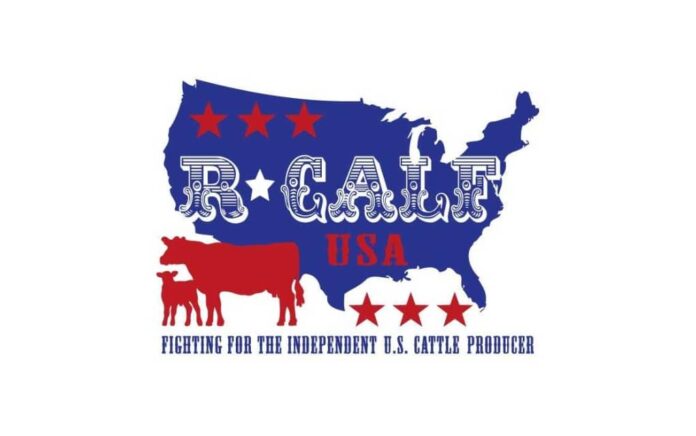BILLINGS, Mont., April 26, 2024 – Today, the U.S. Department of Agriculture issued an advance copy of the agency’s final rule, “Use of Electronic Identification Eartags as Official Identification in Cattle and Bison,” that will soon be published in the Federal Register. The advance copy states that 180 days after such publication, all official eartags sold for or applied to cattle and bison must be readable both visually and electronically (EID).
R-CALF USA CEO Bill Bullard issued the following statement in response to the final EID rule.
“It’s no surprise that while USDA claims this EID mandate is to improve disease control, it proudly discloses in the rule’s accompanying press release that ‘the most significant benefits of the rule’ is to maintain foreign markets.
“This is because the beneficiaries of this rule are not cattle producers or consumers. Instead, this rule is intended to benefit multinational beef packers and multinational eartag manufacturers who will profit at the expense of cattle producers and consumers. In fact, because the rule is cost-prohibitive for independent cattle producers, the agency is using millions of taxpayer dollars to give millions of their unnecessary EID eartags away.
“The USDA has slapped independent cattle producers, who have worked closely with the USDA in the past to very successfully control, contain, and eradicate foreign animal diseases, in the face.
“We will fight against the implementation of this disastrous rule that infringes on the freedoms and liberties of our nation’s independent cattle farmers and ranchers. This is government overreach at its worst.
“Our goal will be to restore for our nation’s cattle producers the flexibility the USDA promised them when they agreed to the agency’s 2013 rule. That common-sense rule provided producers the flexibility to use a variety of different animal identification devices, depending on what best fit their individual operations. Among those approved devices producers could choose among were the very inexpensive metal eartags and the very costly electronic identification eartags. The USDA has robbed producers of their ability to make their own business decisions. We cannot and should not tolerate this as an industry.”

